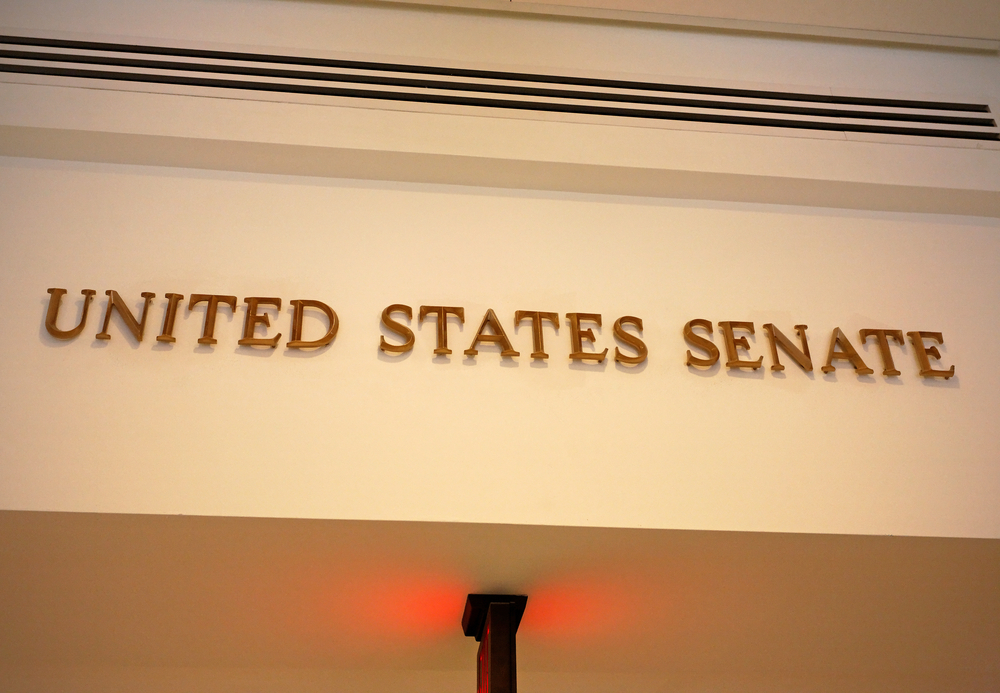Breaking
Senate panel takes up pipeline bill despite veto threat
WASHINGTON — A Senate committee has taken up a bill approving the Keystone XL pipeline with plans to move it toward the full Senate, despite a veto threat from the White House.
Energy and Natural Resources Chairman Lisa Murkowski says lawmakers shouldn’t be deterred by President Barack Obama’s threat. She notes the bill has Democratic supporters and came within one vote of passing last year.
The Keystone pipeline would bring oil from Canada to Gulf Coast refineries. Murkowski, an Alaska Republican, says the U.S. is becoming an energy superpower and needs to demonstrate respect for its neighbors and for trade with allies.
But Democratic Sen. Maria Cantwell of Washington says for Congress to intervene in the administration’s review of the pipeline amounts to a “sweetheart deal” for a foreign company.
THIS IS A BREAKING NEWS UPDATE. Check back soon for further information. AP’s earlier story is below.
Despite a veto threat from the White House, a key Senate committee is expected to advance a bill approving the Keystone XL pipeline closer to a Senate vote.
The initial meeting on the legislation, also the first in the Republican-controlled Senate, was scheduled for Wednesday, but it was canceled after Democrats objected.
The Senate Energy and Natural Resources Committee will take up the bill at a meeting Thursday. It is widely expected to clear the committee. The bill has 60 sponsors – 54 Republicans and six Democrats. While that is enough votes to pass the Senate, supporters said Monday they did not have enough votes to overturn a veto.
The House is expected to easily pass a bill on Friday approving the $5.4 billion construction project.
The bid to build the pipeline, which began in 2008, has become a political flashpoint.
Conservatives see it as a way to create jobs and wean America off of foreign oil while environmental groups have made it a symbol of President Barack Obama’s commitment to tackling global warming.
The project will likely satisfy neither side. The pipeline’s construction is not expected to produce many direct jobs. The State Department’s own analysis concluded that it wouldn’t worsen climate change because the oil would be harvested and then transported by other means, including rail, even if the pipeline were not built.






















